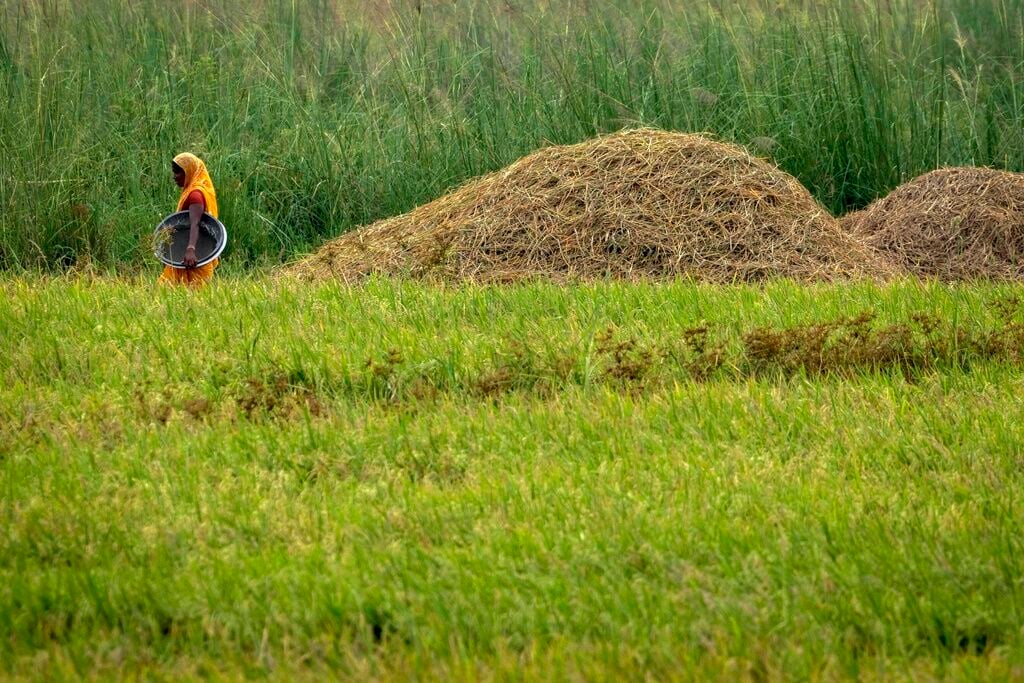India’s rice export halt stirs concerns of 10% surge in Thai rice prices

Potential tremors in the global rice markets may soon be felt in Thailand as India calls a halt on non-basmati white rice exports, according to high-ranking industry insiders. The abrupt decision, communicated by Indian authorities this week, immediately ignited concerns among Thai rice traders and industry power players, with predictions of an imminent 10% surge in local rice prices.
The honorary president of the Thai Rice Exporters Association, Chookiat Ophaswongse is one such expert who has voiced his concerns about the impending ripple effects of India’s decision on Thailand’s economy. Ophaswongse has indicated that the export ban could lead to Thai rice mills and exporters holding off on purchase orders until they can fully assess the extent of the impact. This caution is not unfounded given that India amounts to a staggering 40% of global rice exports and is recognised as the largest rice exporter worldwide.
It is reported that the motive behind India’s sudden halt on rice exports is to counteract the internal inflationary pressures, which have seen domestic rice prices hurtle towards multi-year highs. This is also coupled with a threat to production due to volatile weather conditions witnessed in recent weeks.
It is crucial to note that global rice markets are already under tension with global wheat prices exhibiting dramatic leaps. This is attributed to Russia’s aggressive stance against Ukraine and subsequent attacks on Ukrainian ports causing severe disruptions in global supply chains. Wheat prices have reportedly surged by more than 10% within mere seven days, marking the most significant hike in over a year.
Rice holds paramount importance worldwide, serving as a key nourishment for over 3 billion people. Furthermore, almost 90% of this critical crop is produced in Asia, and hence, any potential disruptions caused by climatic phenomena such as the dry El Niño can significantly strain global supplies.
Further, Chookiat Ophaswongse stressed the significant consequence this might have on Thai exports, specifically in terms of pricing. He postulated that with India’s drastic shutdown of rice exports, several rice contracts, currently under negotiation, may see enforced price adjustments.
This ordeal posits a mammoth task for Thai rice marketers who are likely to encounter a rough sail later this year. Yet, amidst these challenges, experts maintain that careful price quoting and finding new markets can smooth the jagged edges introduced by these market fluctuations.
In addition, Chookiat Ophaswongse voiced his concerns about the existing problems plaguing Thai rice cultivation, stating, ” At present, the cultivation of Thai rice itself is facing problems of drought in several areas, which raises concerns that the quantity of Thai rice this year might decrease. All parties involved will have to expedite finding ways to address these challenges.”
Parallelly, a Commerce Ministry source informed that Commerce Minister Jurin Laksanawisit has urged for extensive research into the extent of India’s ban, particularly probing whether it extends to Basmati rice as well. Joint meetings between the private sector and the Ministry are also expected to formulate strategic responses to this evolving situation, reports Bangkok Post.
Latest Thailand News
Follow The Thaiger on Google News:


























